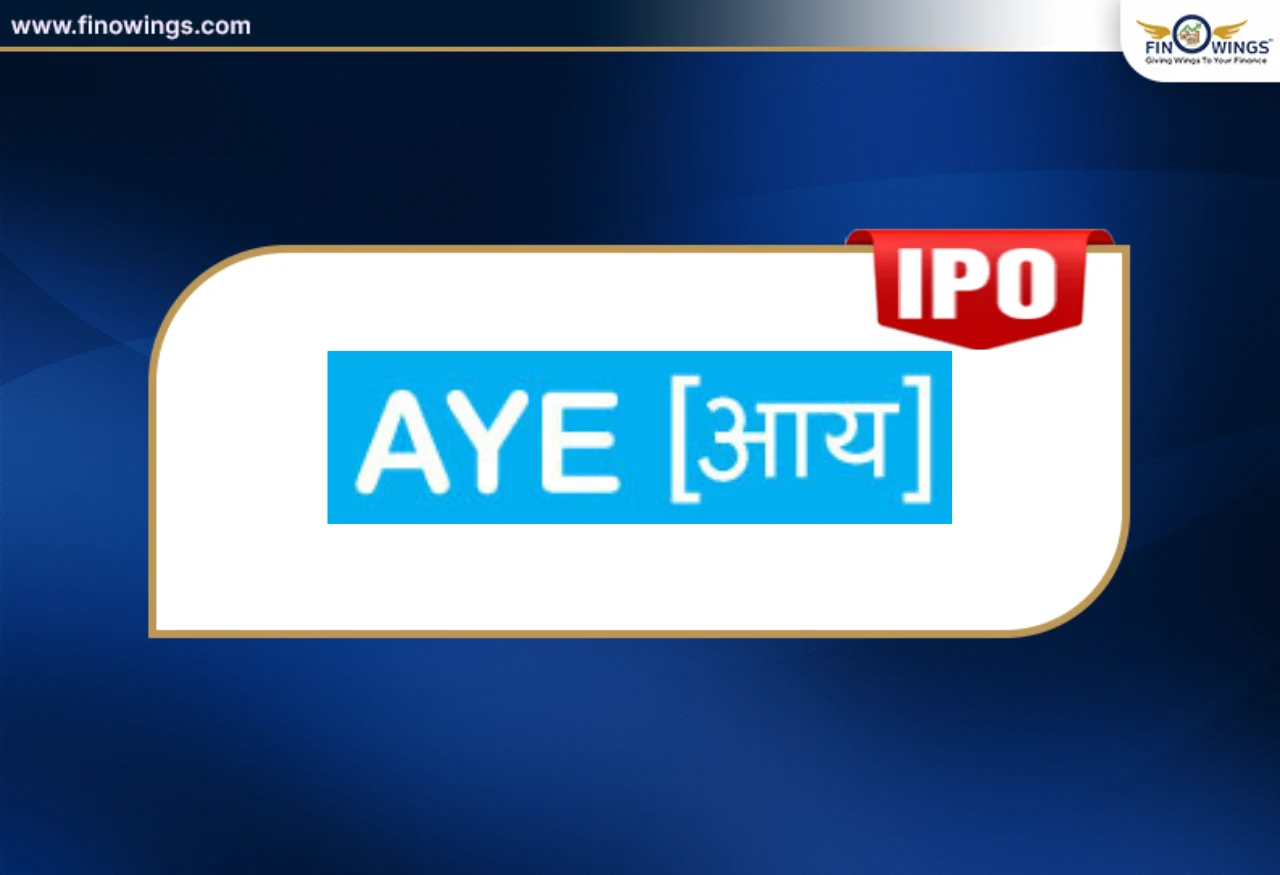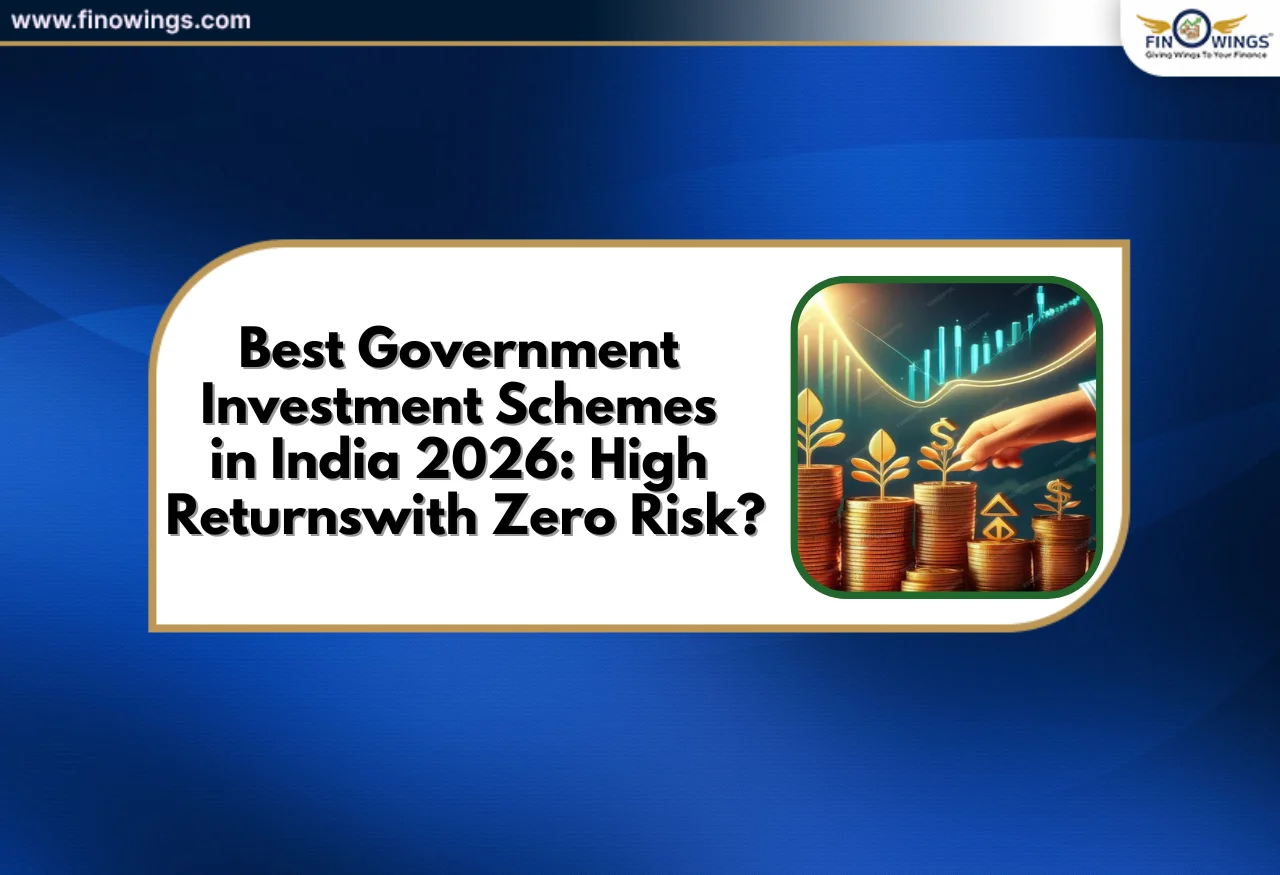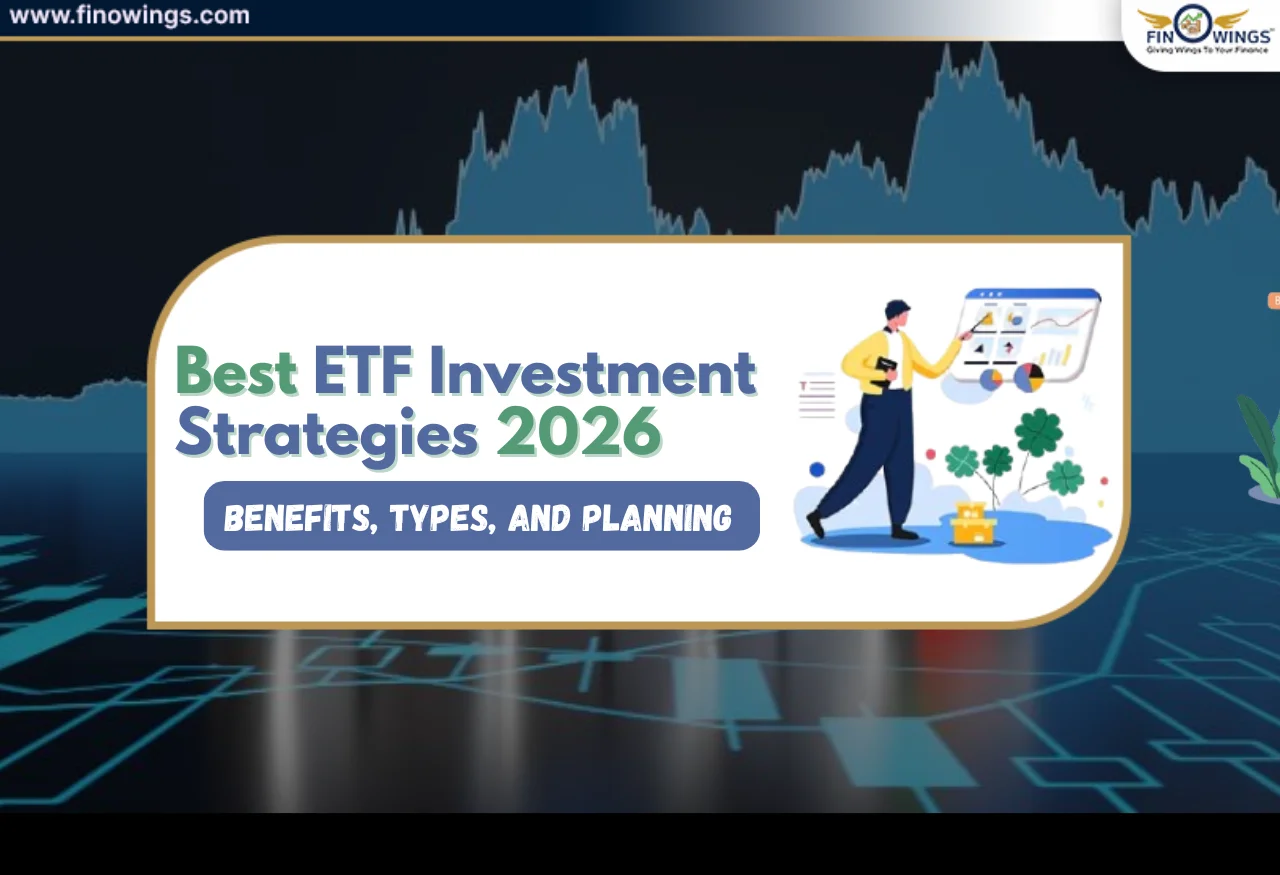Home >> Blog >> What Is Grey Market Premium In IPO? GMP & Kostak Rates
What Is Grey Market Premium In IPO? GMP & Kostak Rates

Table of Contents
- 1. Introduction
- 2. What Is the Grey Market?
- 3. IPO Grey Market Premium or Grey Market Premium In IPO
- 4. What Is IPO Kostak Rate?
- 5. Subject To Sauda In Grey Premium Market
- 6. How Does Grey Market Premium work?
- 7. Selling IPO Applications In The Grey Market
- 8. Is Grey Market Premium Considered Safe?
- 9. Does Grey Market Exist In India?
- 10. Grey Market Premium (GMP): Risky Or Beneficial?
- 11. Bottom Line
1. Introduction
Have you heard of the term "grey market"? Have you ever heard of IPO Grey Market Premium? If you are interested in the world of trading or keep an eye on stock market news, you must have been familiar with or heard about the term "grey market" or IPO grey market premium.
We usually use the word "grey" for things that are not black or white. In the same way, the grey market is also something like this. The Grey market has a distinct identity in the trading world, where unofficial trading takes place before the launch in the regular market. Despite being an unofficial market, investors use it extensively. That's why the grey market business is increasing. The traits of grey market premium are attractive. Before knowing about grey market premium (GMP), you first need to know about the grey market.
Today in this blog, we'll try to understand the grey market in-depth and what Grey Market Premium (GMP) in IPO means. Why is it so important on the trading front and its functions? Keep reading.
2. What Is the Grey Market?
The grey market is an unofficial market where financial securities are traded. Dealers in the grey market are uncertified. However, this does not mean that this market is illegal. This market is also known as a parallel market, and the trade in this is generally through unofficial channels. Investors trade before the launch of the shares in the official market. The grey market opens up new opportunities in the market for issuers and underwriters to determine the estimated amount for a new offering. Since the grey market is so unpredictable, it's hard to think about the accuracy of anything in the grey market.
Grey market trading is unofficial; that's why trading is done in cash and in person. The most important thing for your information is that none of the grey market transactions are endorsed by third-party firms like SEBI or stock exchanges. The remarkable thing about the grey market is that it provides an easy way for individuals who want to exit from an initial public offering or IPO. In this, individuals can buy IPO shares even after the expiry of the time limit. So let's connect it to the IPO market.
-
IPO Grey Market
The IPO grey market functions unauthorizedly like a regular grey market. In this, investors get an opportunity to buy/sell a lot of IPO before the IPO gets officially listed on the stock exchange. Traders also buy/sell IPO applications and IPO shares in the grey market. Since the IPO grey market is unregulated and not regulated by any other depository like SEBI, there are no fixed rules or regulations.
Let's now have a look at the IPO grey market premium.
3. IPO Grey Market Premium or Grey Market Premium In IPO
As we know, shares are traded in the grey market even before the shares are issued on the stock exchanges. But, of course, a trader has to pay something for this. The grey market premium or GMP is the amount at which Initial Public Offering Shares (IPO) shares are traded in the grey market. It also simply means how much "premium" a trader is willing to pay for a particular stock.
Let's use an illustration to try to comprehend it. Suppose Natraj company will launch its IPO soon, and the company has fixed the price of one share of ₹ 200 in the official market. But on the other hand, the Grey Market Premium (GMP) of the IPO of the same company is ₹100. It means that traders may find Natraj Company's IPO likely to be profitable; that's why they are willing to pay an additional ₹100 per share of the company.
For your information, the grey market premium or GMP varies according to the demand for IPOs in the grey market. Therefore, the IPO grey market premium, or GMP, will increase in proportion to the share demand on the grey market. Many of you are curious as to why a trader would agree to pay more for stock before it was listed on the stock exchange.
To answer this, first of all, you have to understand that the big players of the stock market do this because they find in their valuation that the value of that company is much higher than the listed price. Also, there is a tremendous demand for this IPO in the market. Therefore, they buy the company's shares even at a higher price. A well-demanded GMP indicates the likelihood that the IPO may perform well in the official market.
Above, we have mentioned IPO applications traded in the grey market. So let's understand it now.
4. What Is IPO Kostak Rate?
Simply put, IPO Kostak Rate refers to the amount paid by an individual to the buyer to buy his IPO application, which is known as the Kostak rate. The critical thing about IPO GMP is that in this, a person can sell not only the shares but also the entire IPO application based on the performance of his IPO. And when a person sells his IPO application in the grey market, he receives a premium amount. He may or may not get the allotment, but his profit remains.
Let us understand it with an example. Karthik has IPO applications for any three companies and sells them for Rs.4000. This way, Karthik gets Rs 12000 as a premium amount. But even if one of his IPO applications gets allotted, his profit will remain ₹12000.
5. Subject To Sauda In Grey Premium Market
In the grey market premium, subject to sauda, is the amount paid to the investors once the allotment is confirmed. The most challenging part is that one can get the prescribed amount only after allotment. Simply put, no money is received without a confirmed allotment. Also, you'll be unable to decide the benefits associated with that IPO as it entirely depends on the allocation.
However, there is a relief that profit can be made after allotment by selling the IPO application at a specific price.
6. How Does Grey Market Premium work?
Grey market premium is beneficial for an investor. It helps investors to understand whether the IPO is safe or not and whether one should apply for the IPO or not. In the grey market, IPO or shares are bought and sold in two ways.
Selling Shares In The Grey Market
-
In this, shares can be sold even after applying for an IPO. However, there is no guarantee that the shares will be allotted to all those applying for the IPO.
-
On the other hand, many buyers in the grey market consider the shares very low. However, based on their valuation, that stock should be worth much more, so they are willing to buy the shares at an additional cost in the grey market. This way, the seller gets his premium amount regardless of profit or loss, and if there is a listing profit, the seller has to pass on the profit of the sold shares to the buyer. In this way, a seller benefits from a grey market premium in all cases.
-
You can buy/sell shares in the grey market only by contacting the local dealer, as there is no official website or office in the grey market.
7. Selling IPO Applications In The Grey Market
For your information, Grey Market also deals in selling premium IPO applications. In this, the entire IPO application is sold. Whatever happens on the allotment day, the seller benefits from a premium. The buyer will have to pay any profit with the shares after the IPO is allotted.
This way, we can say that the grey market works as a fixed profit.
8. Is Grey Market Premium Considered Safe?
As we understood, the working of grey market premium largely depends upon the public investors, traders, and the market. Remember that SEBI does not back the grey market, so trading in it would be considered an unsafe practice. Before going into the grey market, you should be well acquainted with its concept and make a decision keeping in mind its risks. As far as possible, trade in the regular market only after the listing process is complete.
9. Does Grey Market Exist In India?
Yes, the grey market has existed in India for a long time. Although voices are raised against the authenticity of this market from time to time, only traders and investors can verify the authenticity of this market. The grey market is also utterly dependent on the demand and supply chain, and the best part is that here you get the IPO available even after the deadline. As a result, companies can trade stocks well in the grey market even before they get listed on the stock exchange. For example, Paytm and Zomato are two companies in India that have traded at 20 times higher than the estimated IPO price due to the grey market.
10. Grey Market Premium (GMP): Risky Or Beneficial?
-
There is no doubt that the grey market premium is very risky. But if the bidding goes in your favor, it can be profitable. First, you must understand that the investment world is risky; be it mutual funds, gold, or real estate, every investment has risk. Of course, the amount of risk can vary from option to option. Like the official stock market, it also has its ups and downs. Even if you start a business, the risk lies in whether the business will be a hit or a flop.
-
In other words, everything has its pros and cons. Trust your instincts, but that doesn't mean you have to invest anywhere according to your instincts blindly. Be aware of its benefits and consequences before investing anywhere. Evaluate the company well and then proceed.
11. Bottom Line
Lastly, try to invest in the regular market only. A new investor should stay away from the grey market. The grey market premium is outside the purview of legal authorities; it is not a safe option for investment. But if you are sure about your risk appetite, then you can go ahead with GMP because if you know how to predict the future performance of the stock, then you can become a significant player in the grey market.
Author
Frequently Asked Questions
In simple words, the grey market is an unofficial market where financial securities are traded. Investors trade in this market before the launch of the shares in the official market.
Arguably the gray market is unofficial, but it is not illegal. Traders trade unofficially in the gray market, but it is not illegal.
You can buy/sell shares in the grey market only by contacting the local dealer, as there is no official website or office in the grey market.
















